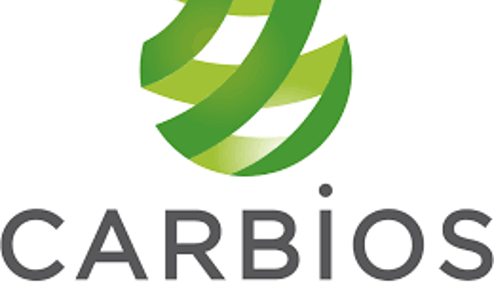

Carbios produces the first bottle from bio-recycled textiles
Pioneering the bio-recycling of plastics with its revolutionary enzymatic process, the listed company Carbios announced on Thursday that it has succeeded in producing the first transparent bottles containing 100% recycled purified terephthalic acid (rPTA) from textile waste with a high PET content.
“I am very proud that we successfully transformed polyester textile waste into clear bottles, which have identical properties as those made from virgin PET. This major innovation allows us to expand our sources of supply which, until now, consisted primarily of PET plastic waste," said Professor Alain Marty, Chief Scientific Officer of Carbios. Currently, mechanical recycling technologies do not enable clothing waste to be recycled efficiently. The few textiles that can be reused, are incorporated into lower quality applications such as padding, insulators or rags. This process is called "downcycling". In contrast, the breakthrough developed by Carbios enables polyester textile fibers to be “upcycled” in a high quality grade of PET suitable for the production of clear bottles. "This result demonstrates the extent of our technology’s possibilities: We can now produce transparent bottles from polyester textile waste or from post-consumer colored bottles. This works both ways – so we can also make a t-shirt from bottles or disposable food trays," said Professor Marty. Indeed, Carbios has succeeded in producing PET fibers for textile applications with 100% rPTA, from enzymatically recycled PET plastic waste.
These major outcomes were achieved as part of the CE-PET (Circular Economy PET) research project, of which Carbios is the lead alongside its partner TWB (Toulouse White Biotechnology). This project was financed by ADEME (the French Environment and Energy Management Agency)2. Carbios’ process enables low-value waste to be recovered and to have a new life in more challenging applications – in short, it facilitates infinite recycling of PET-based plastics and textiles. This innovative enzymatic waste recycling technology is fully in line with European objectives of creating a circular economy and strengthening environmental protection.
